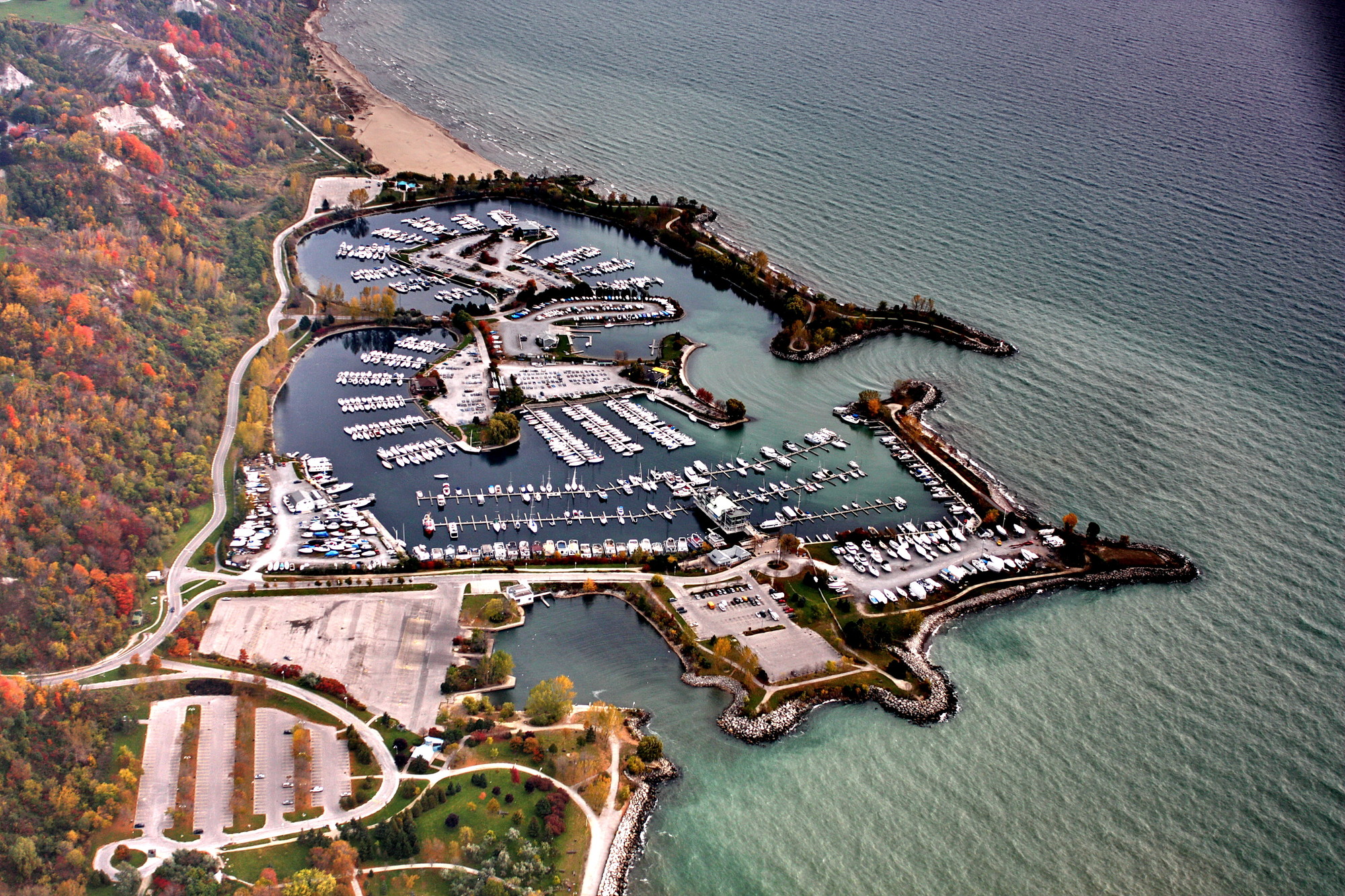January 5, 2015
Research and Information Gathering on Climate Change and Land-Use Planning
CONTEXT
The Ontario Ministry of Environment and Climate Change (MOECC) has been given a mandate to ensure that efforts to fight climate change are incorporated into the plans, policies and actions of other government ministries such as urban planning and infrastructure decisions. In this regard, the MOECC is looking for information on the most up-to-date linkages between land use planning and actions to mitigate and adapt to climate change in Ontario. This information will inform potential amendments to the provinces’ land use plans for the Greater Golden Horseshoe (GGH), including the Greenbelt Plan, the Oak Ridges Moraine Conservation Plan, the Growth Plan for the Greater Golden Horseshoe and the Niagara Escarpment Plan.
SOLUTION
The MOECC selected an OCC-led partnership with the York University Faculty of Environmental Studies, DeMarco Allan LLP, and the Ontario Centre for Climate Impacts and Adaptation Resources (OCCIAR), to gather and synthesize information on policy directions and best practices relating to land use planning and climate change.
In an innovative approach to policy analysis, the project team consulted with experts, synthesized academic literature and reviewed global best practices. These multiple streams of input were distilled into a high-level set of policy directions under which specific policy recommendations, a performance measurement framework and a narrative description of climate resilient and low carbon communities were developed to help provide a positive future vision for Ontarians.
The following seven high-level policy directions linked land-use with climate planning:
- Mainstream climate change considerations in Ontario’s land-use planning framework;
- Require the development of compact, location-efficient communities;
- Encourage urban design features that support higher-order transit and active transportation;
- Require, integrate and support community energy planning;
- Protect and enhance green infrastructure;
- Require improved stormwater management;
- Provide tools that encourage effective and collaborative adaptation planning by local and regional governments.
OUTCOMES/OUTPUTS
The Project team delivered a set of policy recommendations to inform potential amendments to the Province’s four land use plans for the GGH, as well as recommended performance measures to evaluate progress, and a narrative description of climate resilient and low carbon communities to help provide a potential future vision for Ontarians.
PROJECT STATUS
Complete.

Files

